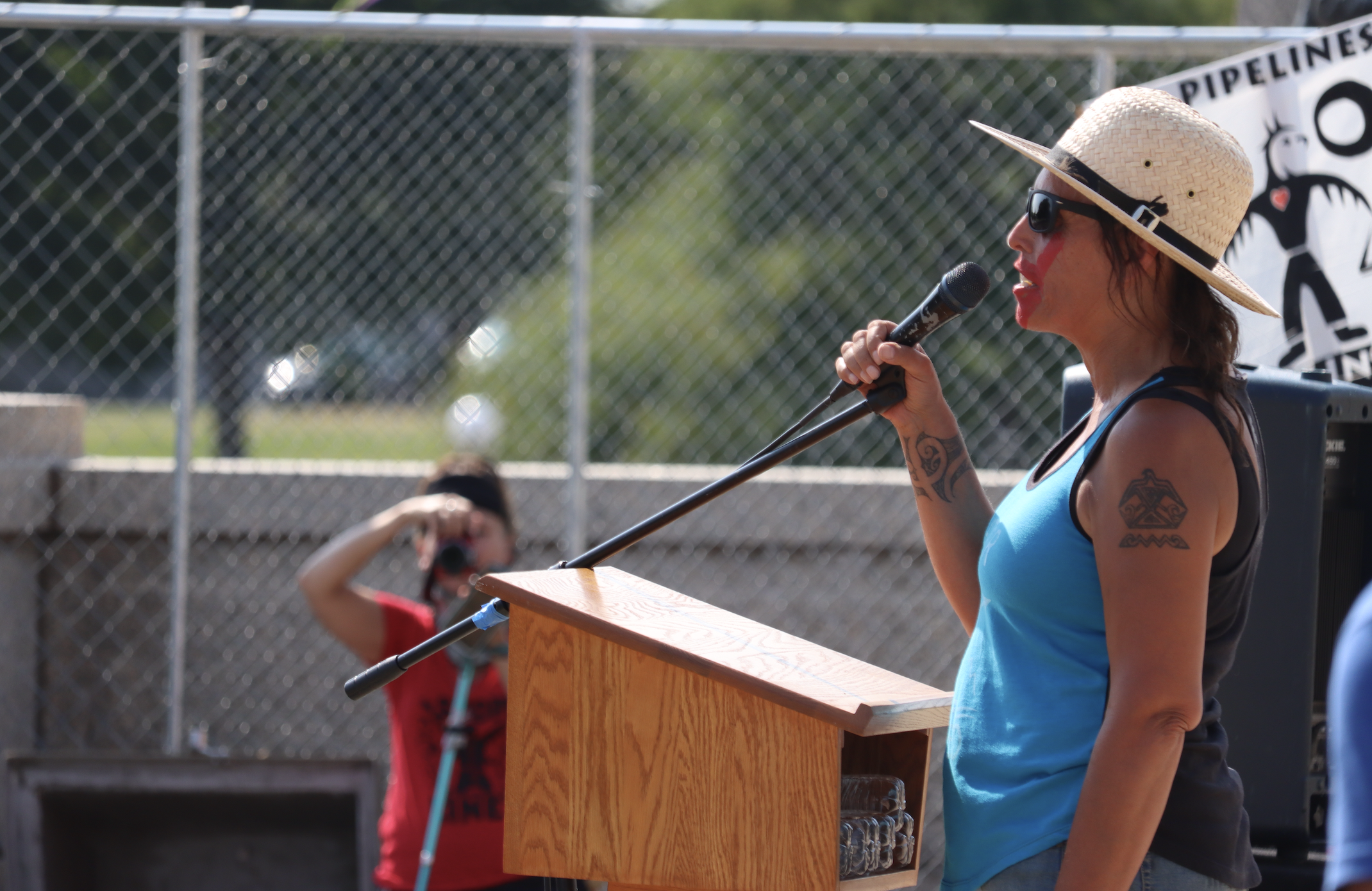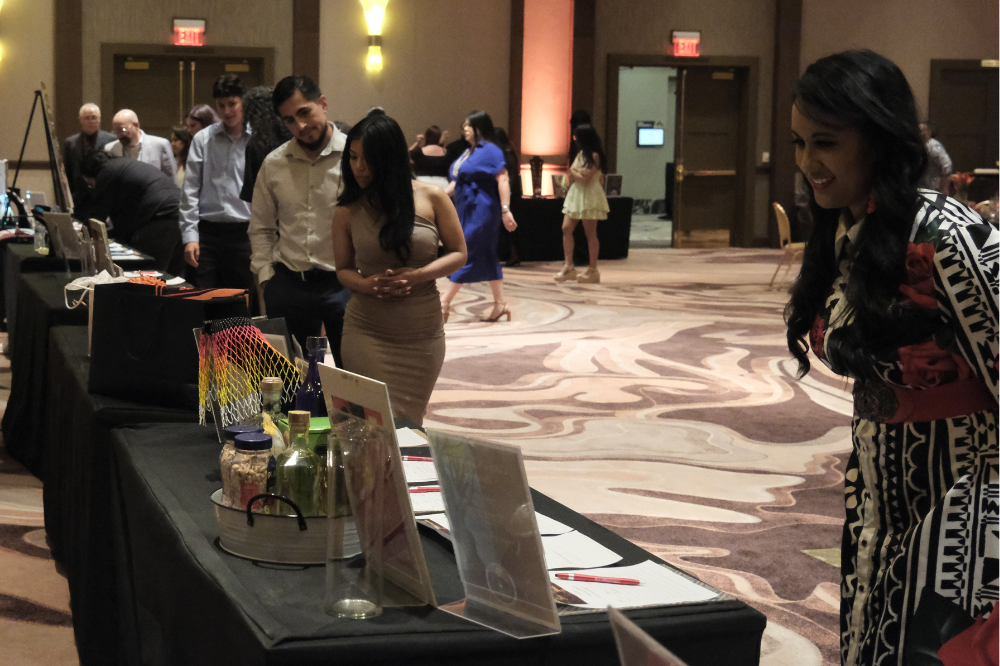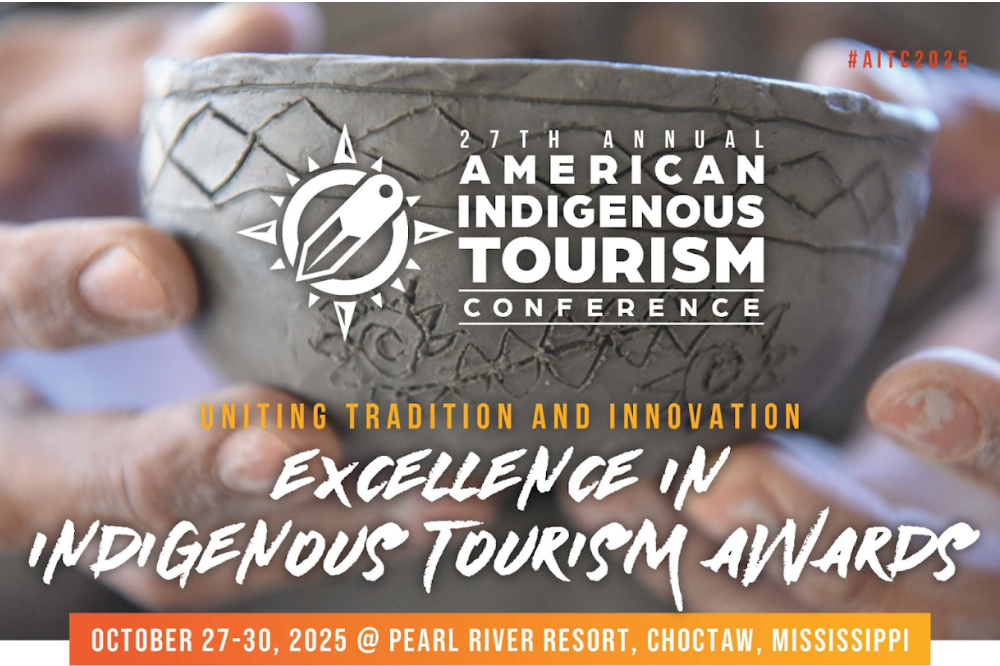
- Details
- By Darren Thompson
On Wednesday, Forbes Magazine hosted an event with First Lady Dr. Jill Biden in New York City honoring the women chosen for its inaugural list of “50 Over 50—Women of Impact”. Of the 50 chosen, two Indigenous women were chosen as part of the inaugural listing of entrepreneurs, leaders and creators—Winona LaDuke and Dr. Margaret Moss—out of more than 10,000 submissions.
Winona LaDuke is a member of the White Earth Band of Ojibwe, where she lives and works on the White Earth Indian Reservation in Minnesota. She founded the White Earth Land Recovery Project in 1989, which aims to buy land back from land acquired by non-Natives on the reservation. She also founded Honor the Earth in 1993. Her leadership has opened doors for many women and Indigenous people, and has taken environmental activism to international headlines.
“I’m honored to be considered among powerful and courageous women,” LaDuke told Native News Online. “Women are making good changes in the world and women’s leadership is finally being valued.”
Want more Native News? Get the free daily newsletter today.
Dr. Margaret Moss is an enrolled member of the Three Affiliated Tribes of North Dakota. She’s a trained lawyer with a PhD in Nursing and an associate professor at the University of British Columbia. Dr. Moss is the first and only American Indian to hold both nursing and juris doctorates. In 2014, she accepted an American Fulbright Scholar Award and researched solutions to healthcare disparities faced by aboriginal people in Canada. In 2015, she published the first nursing textbook focused on providing care for American Indian patients.
The 50 Over 50 platform, in partnership with Mika Brzezinski’s “Know Your Value”, is dedicated to shine a light on women over the age of 50 who have achieved significant success later in life, overcoming formidable odds or barriers. According to Forbes, the members of the 50 Over 50 are founding and running multi-million companies, leading movements, and changing the world. They’re working across all sectors of the American economy—venture capital, education, politics, major league sports and more.
“The 50 Over 50: Impact 50 list showcases women who are making a lasting difference in our world through their leadership, innovations and creativity,” said Maggie McGrath, Editor of ForbesWomen in a statement. “After receiving over 10,000 nominations for the 50 Over 50 list, we saw further opportunity to tell the stories of these women and the ways in which they are driving positive change in their industries and within their communities.”
Other women recognized include Kamala Harris, Vice President of the United States; Linda Thomas-Greenfield, U.S. Ambassador to the U.N;, Judith Spitz, Founder and Executive Director, Break Through Tech; Ala Stanford, Founder, Black Doctors Covid Consortium; Val Demmings, Congresswoman, Florida's 10th district; Debi Brooks, Cofounder and CEO, The Michael J. Fox Foundation for Parkinson's Research; Hali Lee, Founder, Asian Woman Giving Circle; and many more.
More Stories Like This
Native News Weekly (August 25, 2024): D.C. BriefsUS Presidents in Their Own Words Concerning American Indians
Native News Weekly (August 4, 2024): D.C. Briefs
Confirmation Hearing for Assistant Secretary for Indian Affairs Nominee William “Billy” Kirkland to be Held on Wednesday
Miccosukee Tribe Joins Lawsuit Against State of Florida & Federal Government Over "Alligator Alcatraz"
Help us tell the stories that could save Native languages and food traditions
At a critical moment for Indian Country, Native News Online is embarking on our most ambitious reporting project yet: "Cultivating Culture," a three-year investigation into two forces shaping Native community survival—food sovereignty and language revitalization.
The devastating impact of COVID-19 accelerated the loss of Native elders and with them, irreplaceable cultural knowledge. Yet across tribal communities, innovative leaders are fighting back, reclaiming traditional food systems and breathing new life into Native languages. These aren't just cultural preservation efforts—they're powerful pathways to community health, healing, and resilience.
Our dedicated reporting team will spend three years documenting these stories through on-the-ground reporting in 18 tribal communities, producing over 200 in-depth stories, 18 podcast episodes, and multimedia content that amplifies Indigenous voices. We'll show policymakers, funders, and allies how cultural restoration directly impacts physical and mental wellness while celebrating successful models of sovereignty and self-determination.
This isn't corporate media parachuting into Indian Country for a quick story. This is sustained, relationship-based journalism by Native reporters who understand these communities. It's "Warrior Journalism"—fearless reporting that serves the 5.5 million readers who depend on us for news that mainstream media often ignores.
We need your help right now. While we've secured partial funding, we're still $450,000 short of our three-year budget. Our immediate goal is $25,000 this month to keep this critical work moving forward—funding reporter salaries, travel to remote communities, photography, and the deep reporting these stories deserve.
Every dollar directly supports Indigenous journalists telling Indigenous stories. Whether it's $5 or $50, your contribution ensures these vital narratives of resilience, innovation, and hope don't disappear into silence.
 The stakes couldn't be higher. Native languages are being lost at an alarming rate. Food insecurity plagues many tribal communities. But solutions are emerging, and these stories need to be told.
The stakes couldn't be higher. Native languages are being lost at an alarming rate. Food insecurity plagues many tribal communities. But solutions are emerging, and these stories need to be told.
Support independent Native journalism. Fund the stories that matter.
Levi Rickert (Potawatomi), Editor & Publisher

















